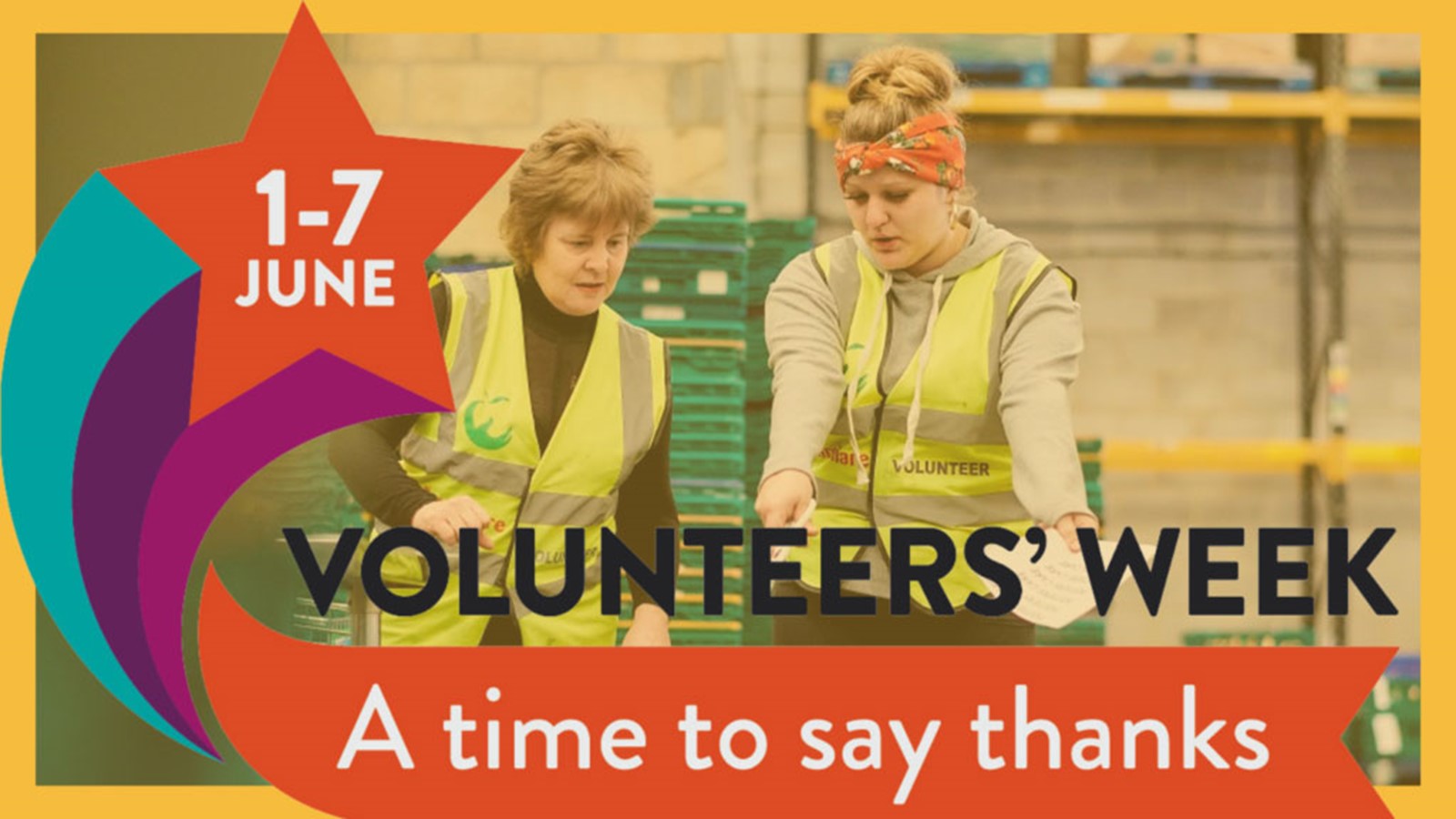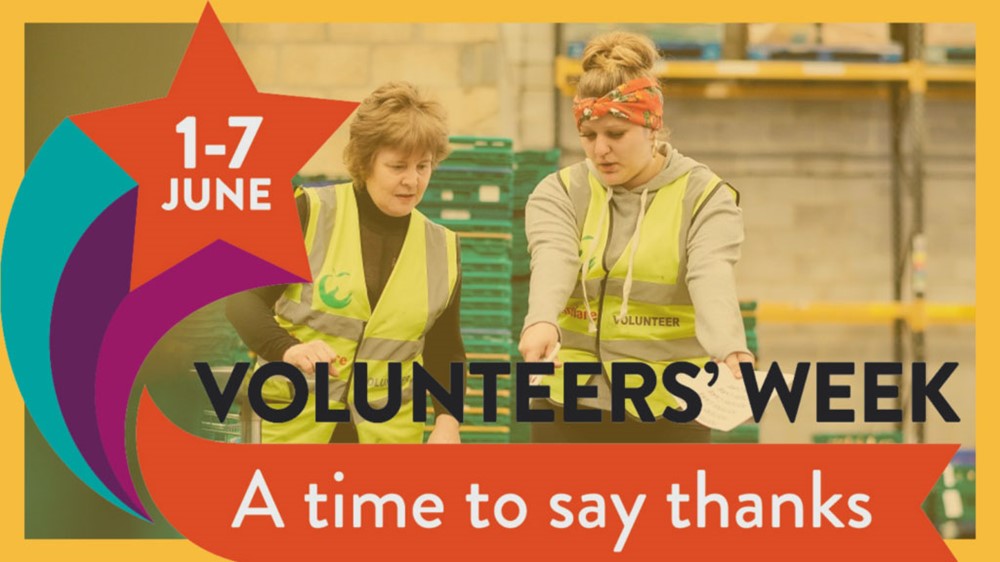Volunteers Week: Our Sector’s Heroes
In March 2020, the UK was plunged into a world of isolation and unease. But out of the uncertainty came a new wave of community support as many people now had time to take stock of their community needs

In March 2020, the UK was plunged into a world of isolation and unease. But out of the uncertainty came a new wave of community support as many people now had time to take stock of their community needs.

The national emergency demanded an adaptation of voluntary support in ways never seen before: food banks were set up in empty pubs and community hubs, medicine and household goods were taxied to people who were forced to shield, regular phone calls of reassurance and companionship were set up for those living alone, volunteers stood for hours at pop-up test centres, and offers flooded in to help during the vaccine rollout.
From the moment the first lockdown began, volunteers became crucial in the delivery of local services and support for vulnerable people around the country. Yet the urge to help was met with its own challenges.
Recent data from May’s Covid-19 Voluntary Sector Impact Barometer (from NCVO, Nottingham Trent University and Sheffield Hallam University) shows that while 24% of organisations reported an increase in volunteers during the first lockdown, 34% had reported a decrease. While some people, more diverse in age and race, were able to step into the world of volunteering for the first time due to being furloughed or other reasons which meant they now felt closer to their communities, other existing volunteers – many of whom were having to shield – were unable to continue due to safety concerns or digital exclusion.
Indeed, charities and community groups had to adapt their processes of recruiting and communicating with volunteers and service users, and while the pandemic acted as a much-needed catalyst for some to update their systems, other groups were left behind, causing a great concern for the voluntary sector.
The financial and social burdens placed on many meant that needs increased significantly. While national charities could use funds at a larger scale, volunteer-led mutual-aid local groups looking for smaller grants found application hurdles overwhelming.
UKCF’s Director of Membership and Programmes, Ben Robinson:
It was clear early on that, in distributing the National Emergencies Trust’s (NET) funding, we needed a model of grant-making that facilitated smaller grants, quickly
With emergency core funding from funders like UKCF and our network of community foundations, smaller charities and volunteers could offer digital services, set up virtual groups for mental health support, provide online training, and run telephone services. This led to more opportunities for volunteers in shielding to get involved online while other volunteers could go out to deliver food parcels and provide face to face support.
Our network’s reach and knowledge of communities and local partners acted as a lifeline to many small charities that not only had to provide support for an increased need for help in their areas, but that also had to maintain a connection with their volunteers.
The grit and determination of volunteers throughout the last year and beyond has been phenomenal, and our network has been privileged to see it first-hand. Volunteers have given their time and their energy, day in day out, to ensure the safety and welfare of our communities and for #VolunteersWeek we want to say THANK YOU!
But we can’t stop there. Volunteers are essential to community wellbeing.
Ben continues:
As a sector, we need to continue to support local voluntary groups through flexible funding that sustains their core needs. These groups are a vital part of the social infrastructure that we will need to help communities recover from the impact of Covid-19 and go on to thrive in the future.

